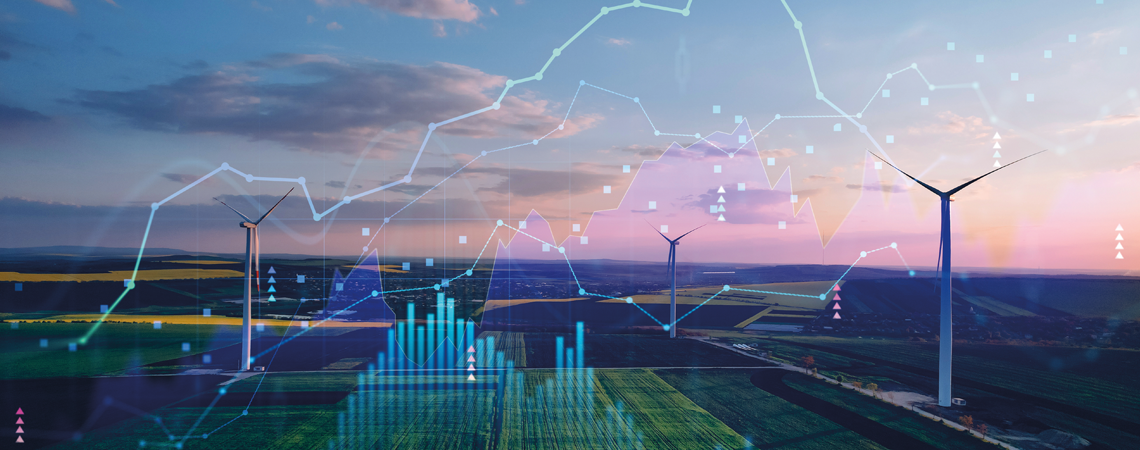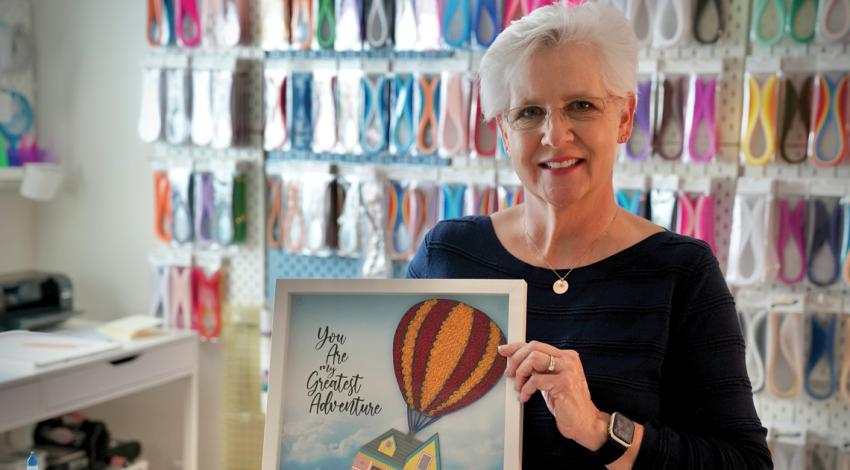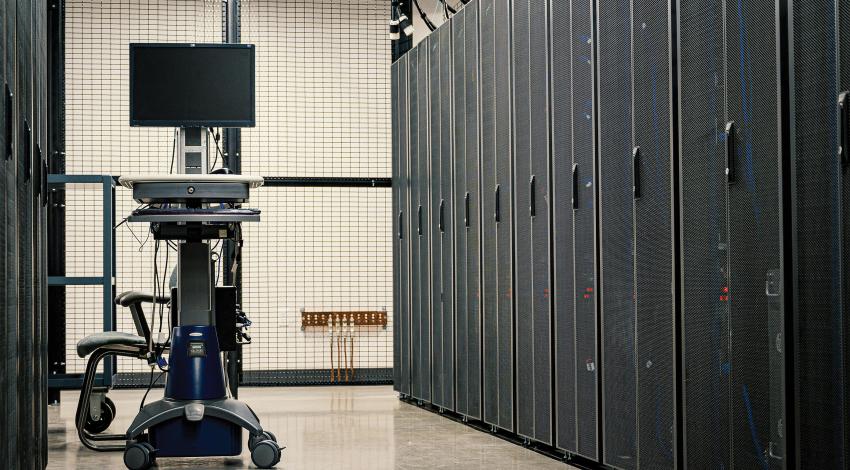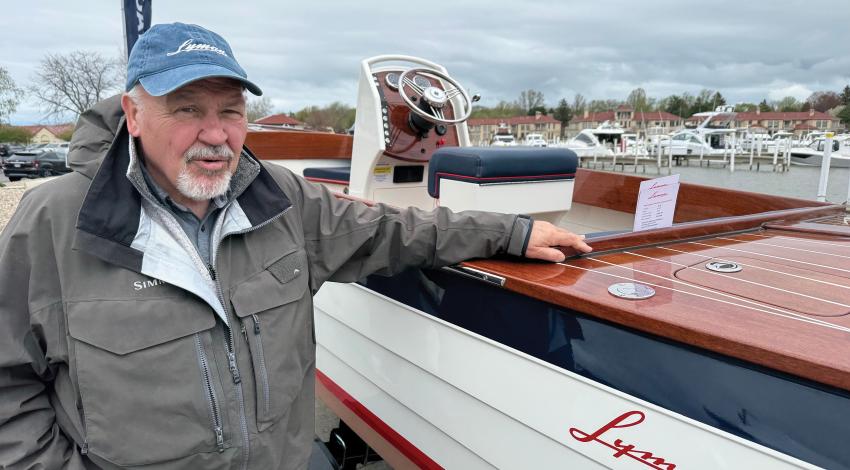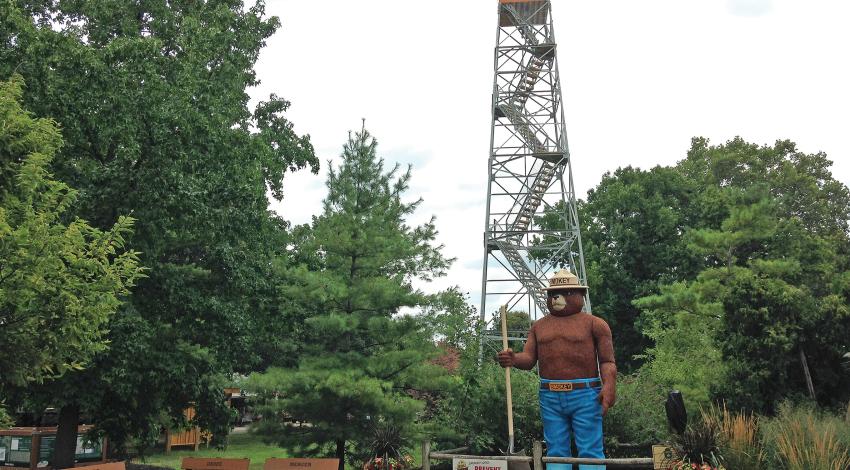Often in life, we need to balance the practical with the possible. This is especially so as we navigate the social and political demands to rapidly reduce the amount of carbon emitted from the energy we use. I have had the opportunity to serve for the past few years on the board of directors of the Electric Power Research Institute (EPRI), the international research organization for the electric utility industry.
EPRI has been at the forefront of research to determine pathways that may someday lead to achieving dramatically lower carbon emissions.
EPRI has been at the forefront of research to determine pathways that may someday lead to achieving dramatically lower carbon emissions that could meet the stated goals of many nations, organizations, and businesses around the world.
In my time on the board at EPRI, I’ve gotten a behind-the-scenes look at how our industry has been grappling with the many issues and concerns of rapid carbon emission reductions and identifying pathways that would allow us to meet those social and political demands. Among those concerns:
- Addressing the shortcomings of wind and solar energy in meeting our 24/7/365 need for electricity.
- Finding ways to dramatically increase electricity supply in order to reduce the amount of fossil fuel consumed by transportation, industry, and other domestic uses.
- Recognizing — and getting constituents to recognize — the time frame that is required to develop promising new technologies from concept to commercial status to widespread use.
- Acknowledging the cost of, and obstacles to developing and deploying, the large-scale infrastructure changes that will be needed to support new and emerging technologies.
I’ve often discussed my concerns about the potentially catastrophic results of trying to go too far, too fast in reducing fossil fuel use to supply the electricity we all depend on for our daily health, safety, and economic well-being. So, instead of adding more of my own words to the discussion in this issue of Ohio Cooperative Living, we’ve invited Neva Espinoza, a distinguished research leader at EPRI, to write about what’s possible — as well as what’s practical — as the nation and the world transition to a lower-carbon future.
These are difficult and challenging issues. I hope you’ll read the article titled "Balancing Act" in this month's issue of the magazine to get an update on these efforts.
